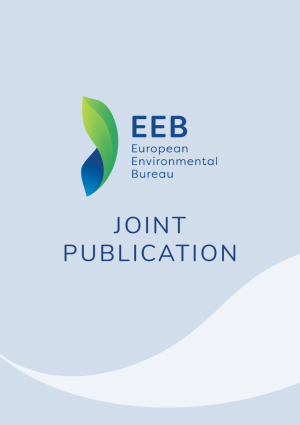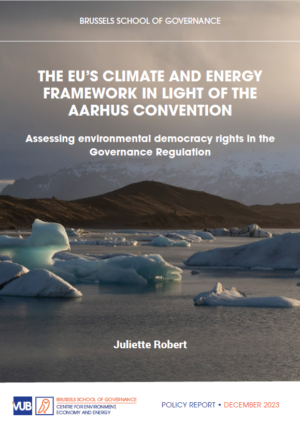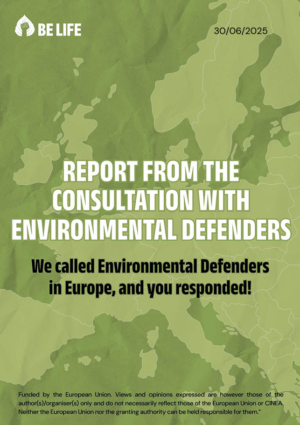
The EU’s Climate and Energy Framework in light of the Aarhus Convention
This paper, by Juliette Robert, considers the EU’s Climate and Energy Framework in light of the Aarhus Convention by assessing environmental democracy rights in the Governance Regulation.
As part of the European Green Deal, the architecture of the European Union’s climate and energy framework was overhauled. This review included a European Climate Law and the Fit for 55 package. However, one essential piece of the puzzle remains untouched. The Regulation 2018/19991 on the Governance of the Energy Union and Climate Action or “Governance Regulation”, which administers the long-term climate objectives and energy targets of the European Union, has not been updated since its publication in 2018. The discourse surrounding a potential adaptation of the governance framework focuses on substantive matters of law related to energy efficiency targets and the Paris Agreement commitments. But the procedural aspects of governance cannot be ignored. Amongst the measures for monitoring, compliance, and planning, are also the requirements to involve the stakeholders and to listen to the public.
These procedural aspects of environmental democracy are governed by the three pillars of the Aarhus Convention: access to information, public participation and access to justice and must be guaranteed by the EU and all its Member States, which are all Parties to this international agreement. This report addresses the missing piece of the puzzle by assessing the compliance of the Governance Regulation with each of these pillars.
This report ultimately shows that the governance of the Energy Union fails to meet the environmental democracy standards established by the Aarhus Convention. These findings should feed into the ongoing evaluation of the Governance Regulation and they call for significant legal improvements through a legislative proposal to revise the Regulation.





